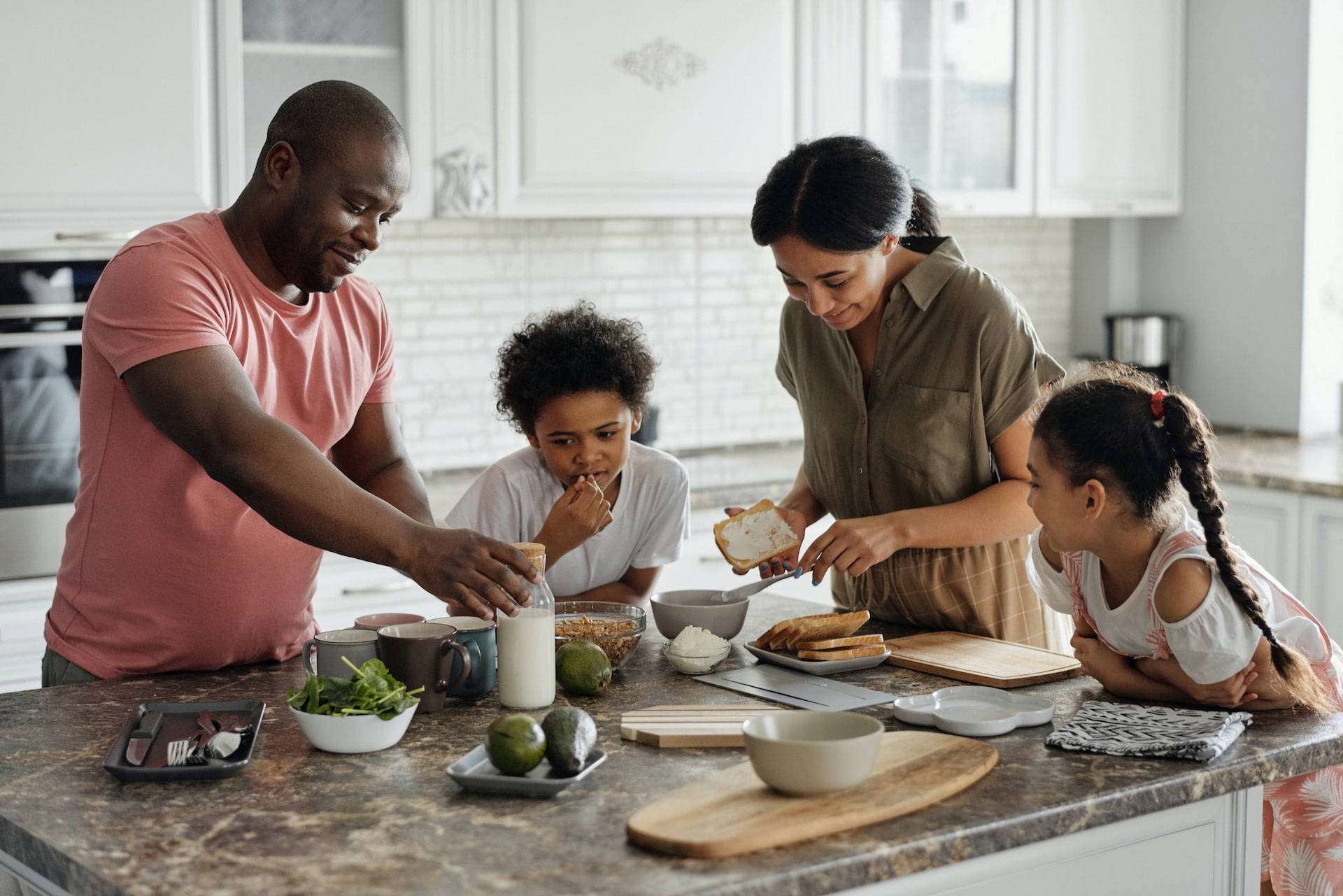Food Poisoning – How you can help to prevent it
Here are some tips to help you reduce your risk of food poisoning at home
Food poisoning (foodborne illness) happens when we eat food – in particular raw food that has been contaminated usually by bacteria or a virus such as Norovirus, Campylobacter, Salmonella, or E. coli. Raw foods include meat, poultry, eggs, fish and seafood. For these reasons, we need to take extra care when handling or preparing food in the kitchen.
Just remember the important 4 Cs of food hygiene: Cross-contamination, cleaning, cooking, and chilling.
Prevention Tips
Here are the 4 C’s you can follow when it comes to food safety:
Cleaning
- Practice good hand hygiene. Remember to wash your hands regularly with antibacterial soap and water.
- Clean and disinfect food preparation surfaces: After preparing food (especially raw meat, fish, or eggs), use a surface cleaner to wipe on any kitchen surfaces that you’ve used.
Cook food thoroughly
- Cook meat thoroughly and ensure it’s ready to eat before serving. Ensure reheated food is hot throughout and avoid reheating it more than once [1]. Food temperature is an important factor as temperature abuse can allow for microbes to produce toxins and cause infections such as S. aureus and B. cereus.
Cool, cover, and refrigerate cooked food within one hour
- Separate large portions into smaller containers if needed to speed up cooling. Follow packaging guidelines for refrigerating fresh food and consume (or dispose of) food within its “use by” date.
Avoid Cross-Contamination
- Remember to wash your hands before preparing food and directly after handling raw ingredients. You should also prepare raw meat and ready-to-eat food separately – always use different utensils and chopping boards.
Keeping your home hygienic is a great step to reduce your chances of contracting food poisoning. For more information on how you can keep the rest of your home clean, click here.
References:
